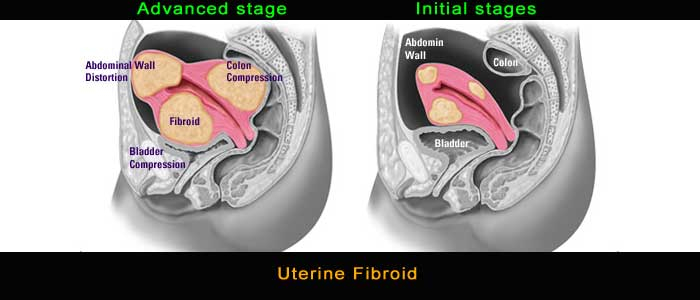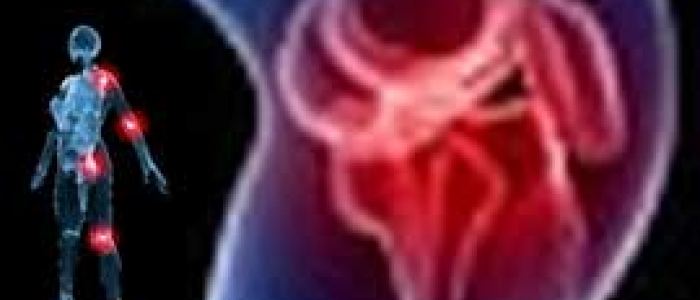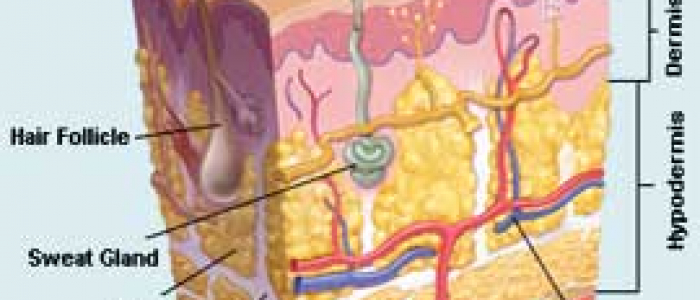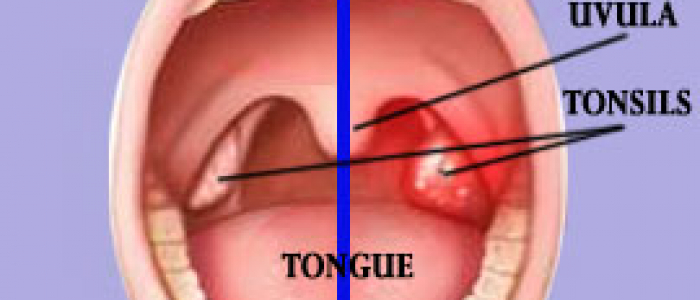
Constipation is a condition where stool movement is irregular and is characterized by hard stools, which often obstructs the movement of stools. Constipation is also categorized by some people as hardening and difficulty in passing stools. A sense of an incomplete bowel movement is also felt by many people that complain of constipation. The stiffening of stool near the rectum causes an obstruction for smooth stool passage, resulting in difficulty to defecate.
Constipation is defined by medical experts as a decreased number of bowel movements per week. Specifically, less than 3 bowel movements per week is considered as being constipated. On a general scale, any number of bowel movements between 3 to 21 bowel movements per week is considered normal. This has been observed in the majority of the population.
It is the most common digestive complaint, resulting in millions of doctor visits annually. Women, especially those who are pregnant, and adults aged 65 and older are most commonly affected. Virtually everyone experiences an occasional bout of constipation that resolves itself with dietary changes and time. Although uncomfortable, it is usually not dangerous. However, it can lead to other problems such as hemorrhoids or signal an underlying health condition.
Signs and symptoms
Although bowel movement frequency varies greatly for each person, if more than three days pass without a bowel movement, the contents in the intestines may harden, making it difficult or even painful to pass. Straining during bowel movements or the feeling of incomplete emptying also may be considered constipation.
Constipation is a symptom, not a disease, and can be caused by many factors. The most common are poor diet and lack of exercise. Other causes include irritable bowel syndrome, pregnancy, laxative abuse, travel, specific diseases, hormonal disturbances, loss of body salts and nerve damage. A variety of medications also can cause constipation, such as pain medications, especially narcotics, antacids that contain aluminum, antispasmodic drugs, antidepressant drugs, tranquilizers, iron supplements, anticonvulsants for epilepsy, antiparkinsonism drugs and antihypertensive calcium channel blockers.
Diagnosis
Your doctor will ask about your medical history, perform a physical examination and order routine blood, urine and stool tests. Other diagnostic tests used to make a diagnosis of constipation include sigmoidoscopy and colonoscopy.
Characterizing Constipation
An ideal frequency of bowel movements is considered to be at least one or two bowel movements per day without any difficulty, although there is no standard for the number of bowel movements. The bowel movements of one person may be different from another person because of changes in their lifestyle and other significant factors. Normally, 40-50% of people have a frequency of 1-2 bowels movements per day.
Severe constipation is characterized as not more than one bowel movement per week. Under chronic constipation, bowel movements have been observed to be only once every 15 to 20 days or more. In either case, severe or chronic constipation have to be treated urgently.
Normal constipation also requires attention. Normal constipation can range between one bowel movement to three bowel movements per week. This type of constipation can be cured with home remedies that are very simple and yet provide the best results.











